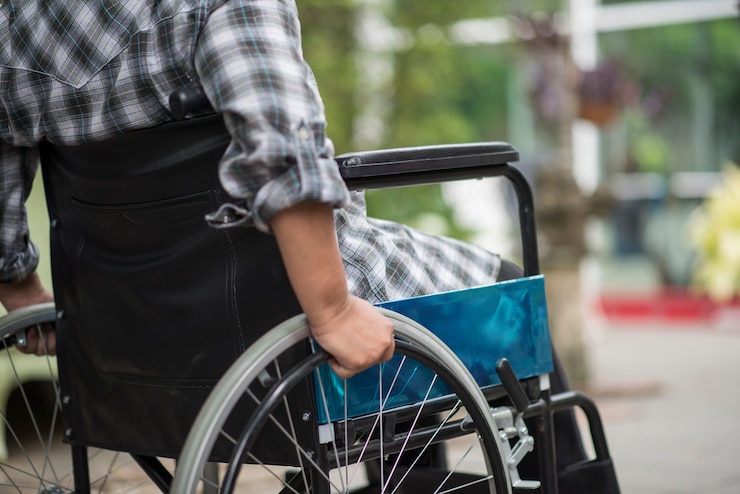You may come across many disabilities in your life.

Disability care is simply practical help with anything from everyday tasks like housework and bathing, to assistance with complex needs like continence. Specially trained carers, experienced in working with people living with disabilities, can be employed to come into the home and lend a hand.
When people with disability access health care, they often experience stigma and discrimination, and receive poor quality services.
A wide range of support is available for older people with a disability through the Home and Community Care (HACC) and Home Care Packages programs.
- Guides and supports Member States to increase awareness of disability issues, and promotes the inclusion of disability as a component in national and sub-national health programs;
- Facilitates collection and dissemination of disability-related data and information;
- Develops normative tools, including guidelines to strengthen disability inclusion within health care services;
- Builds capacity among health policymakers and service providers;
- Promotes strategies to ensure that people with disability are knowledgeable about their own health conditions, and that health care personnel support and protect the rights and dignity of persons with disability;
- Contributes to the United Nations Disability Inclusion Strategy (UNDIS) to promote “sustainable and transformative progress on disability inclusion through all pillars of work of the United Nations”; and
- Provides Member States and development partners with updated evidence, analysis and recommendations related to disability inclusion in the health sector.
- Assisting with domestic tasks and chores such as shopping,
- Menu planning, cooking, washing, toileting and cleaning.
- Helping with outings, social activities and other daily routines.
- Providing companionship and support to assist clients to develop their existing skills, abilities and confidence.
He first step in creating a successful plan is to gain input from the participant themselves about what their needs and goals are. Beyond this, family members and support workers should also have some input into creating the plan. Creating an individual disability care plan is never a standalone occurrence. Rather, it should be a continual process whereby the plan is regularly reviewed, updated, and changed based on the changing needs and goals of the person living with a disability. Furthermore, annual care plan reviews are required by law. This is an important part of the overall planning process as it allows levels of progress toward stated goals to be measured.
